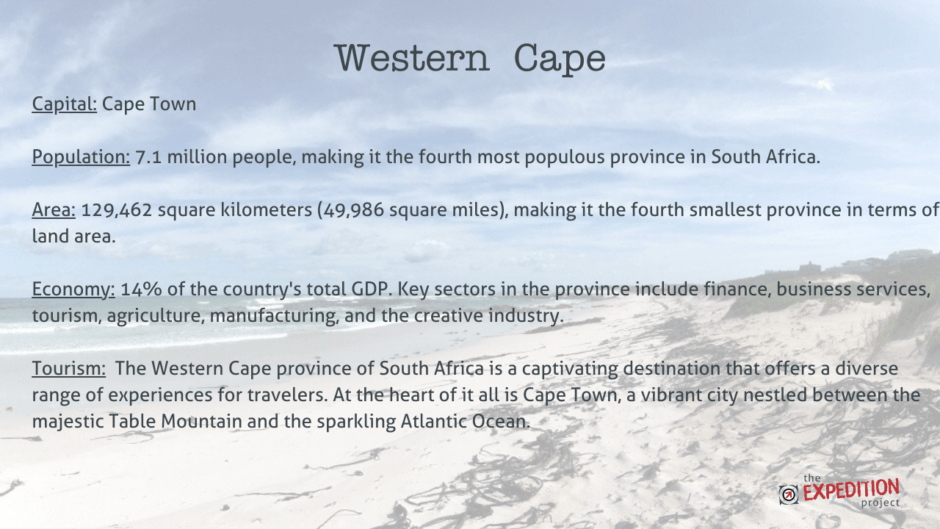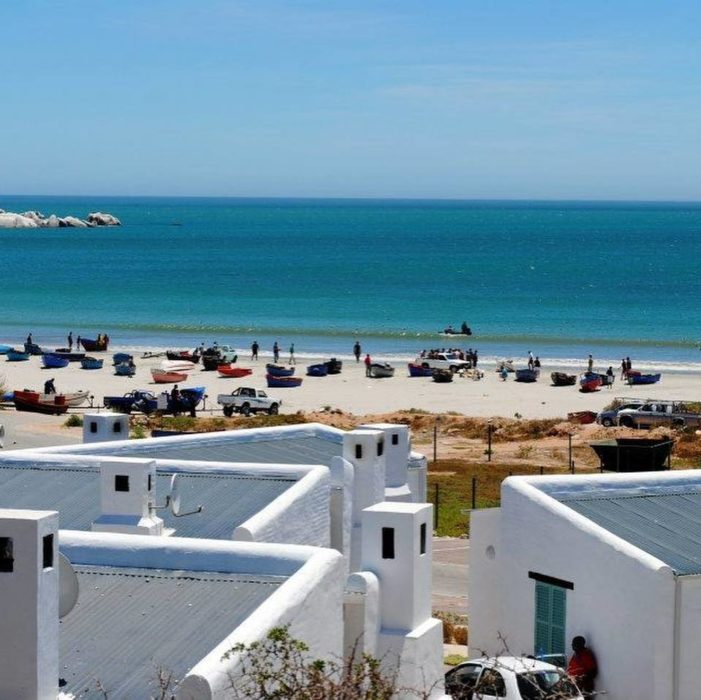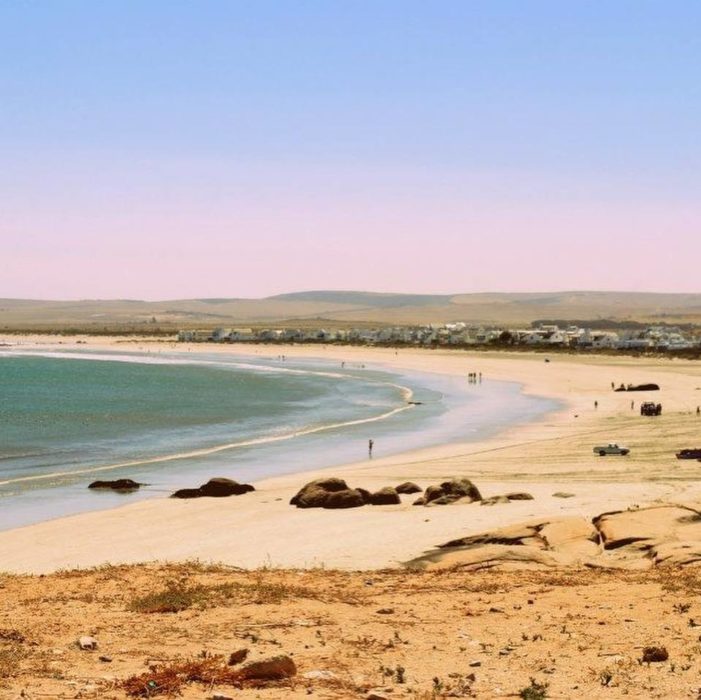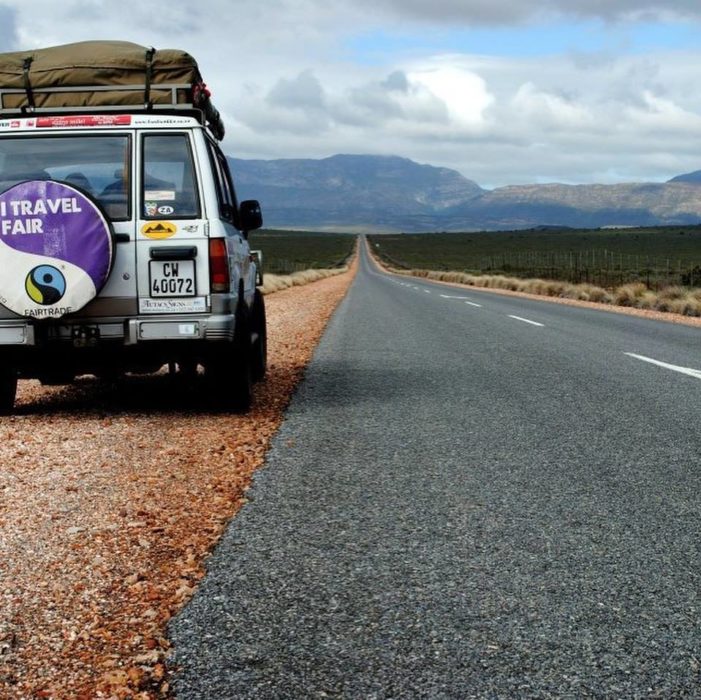West Coast, Western Cape
Stats:
- Towns – 21
- Start – Cape Town
- Finish – Vanrhynsdorp
- Days – 35
- Odometer Reading – 1118km
- Actual Distance between town 1 and 21 – 450km
- Town of the stage – Tie between Doringbaai & Strandfontein
- Accommodation of the stage– Donkieskraal, Leipoldtville
- Meal of the month – Shelley Point Antonio’s Restaurant – Feta & Spinach Fillet steak
- What’s worked? – Accommodation and food sponsorships
- What’s gone wrong? – Internet signal intermittent and frequently interrupted
- What are we going to improve on in February 2012? – More variation in what we film and how we film it
- Roger’s summary – The first month on the road was bound to have a few speed bumps, but surprisingly it went very smoothly. Bar one accommodation provider charging us due to a miss-communication we have not had to pay for any accommodation this month – massive help to the longevity of the project. Food sponsorships were always going to be tough but we managed to get a few last-minute additions to our food sponsors list as well as the already planned meals. As much as 2012 is planned to be a fact-finding mission, January 2012 was a feet finding exercise, and I think we did it admirably. We have realised what we need to do more of and what we need to do less of already – namely more filming and more data capture. Lastly, the participation of the public is imperative to our success and the success of The EXPEDITION Project – please get involved in any way you can, even if it is participating in our SMS campaign (SMS ‘ShowMe’, your name and the name of your town to 36764 and you will contribute R5 to our petrol budget and help get us back to Cape Town in December 2012!)
- Maddy’s summary –Wow what a month it has been. A typical expedition, full of ups and downs but mainly my memory is instilled with a whole heap of positive stories and adventures. We soon got into the swing of things and despite it being a rather exhausting task, January has been very positive and we have received nothing but support along the way. For me, as well as the obvious goals of TEP, it has been very interesting to take part in what could be described as an anthropological exploration. In years to come, we can look back on the information we gathered and see the changes in the country and hopefully how it has moved forward.
- To come in Stage 2 – The hottest month of the year in South Africa and we are going to be in the hottest part of South Africa – the Northern Cape – wish us luck!

The Western Cape is one of the nine provinces of South Africa and is located in the southwestern part of the country.
Cape Town, the legislative capital of South Africa, is situated in the Western Cape. It is a popular tourist destination known for its iconic Table Mountain, stunning beaches, and vibrant culture.
The Western Cape has a diverse climate, with Mediterranean-like conditions along the coastal areas and semi-arid conditions in the interior. This climatic variation contributes to the region’s rich biodiversity.
The Western Cape is home to the Cape Floral Kingdom, a UNESCO World Heritage Site and one of the world’s six floral kingdoms. It is known for its incredible plant diversity, including the famous fynbos vegetation.
The region is renowned for its wine production, with the Cape Winelands being a major wine-producing area. Stellenbosch, Franschhoek, and Paarl are popular towns within the Cape Winelands, offering wine tastings and scenic vineyard landscapes.
The Western Cape boasts a coastline stretching over 1,000 kilometres (620 miles), providing numerous opportunities for water activities such as surfing, whale watching, and shark cage diving.
The Cape Peninsula, located in the Western Cape, is a narrow strip of land that extends south from Cape Town and is known for its breathtaking coastal scenery. It is home to attractions like the Cape of Good Hope and Boulders Beach, famous for its African penguin colony.
Robben Island, situated off the coast of Cape Town, holds significant historical importance. It served as a political prison during the apartheid era, and Nelson Mandela, South Africa’s first black president, was incarcerated there for 18 years.







Leave a Reply
You must be logged in to post a comment.